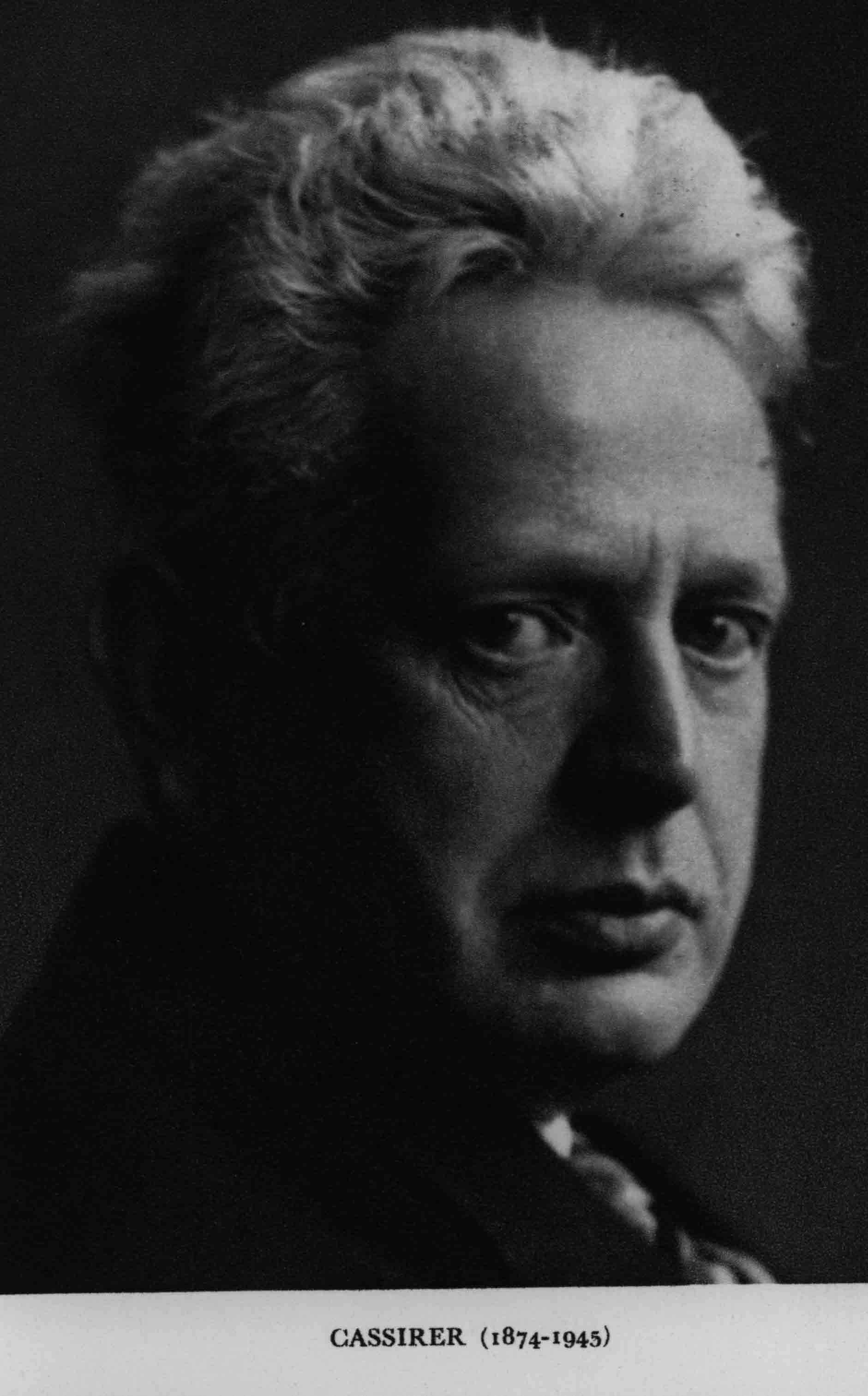CASSIRER, ERNST
Publié le 22/02/2012

Extrait du document

CASSIRER, ERNST (1874–1945), philosopher; with Heinrich Rickert,* Germany's
leading neo-Kantian between 1900 and 1930. Born in Breslau of
German-Jewish parentage, he studied philosophy and German literature, coming
into contact with Hermann Cohen (1842–1918) while at Berlin*; in 1896 he
transferred to Marburg to continue studies with Cohen. On his own, Cassirer
identified both his method and his philosophy as an example of Cohen's Marburg
School of neo-Kantianism (the Baden School, embracing Freiburg, Strassburg,
and Heidelberg, was distinct from the Marburg School). In 1899 he took
a doctorate with a thesis on Leibniz's theory of knowledge. His appointment as
Privatdozent at Berlin was owed largely to Wilhelm Dilthey, who appreciated
his genius. Despite barriers in Germany owing to his Jewish heritage, Cassirer
rejected a 1914 offer to teach at Harvard.
In 1919 Cassirer joined Hamburg's new university. While he was evolving
his concept of symbolic forms, he earned a reputation as a brilliant teacher. His
life, marked by broad intellectual interests, was an exemplar of the German
tradition of Bildung. In 1930 he was promoted to university rector. It was his
good fortune to form rich friendships at Hamburg with Erwin Panofsky* and
Aby Warburg,* and he later assisted with the transfer of Warburg's library to
London.
When Hitler* came to power in 1933, Cassirer resigned his positions and
taught successively at Oxford (1933–1935), Go¨teborg (1935–1941), Yale (1941–
1944), and Columbia (1944–1945). Always a neo-Kantian, he was broadly attracted
to the formation and interrelationship of scientific and cultural concepts.
His publications included Philosophie der Symbolischen Formen (Philosophy of
symbolic forms, 1923) and Sprache und Mythos (Languages and myth, 1925).
Liens utiles
- PHILOSOPHIE DES FORMES SYMBOLIQUES (LA), Ernst Cassirer - résumé de l'oeuvre
- PROBLÈME DE LA CONNAISSANCE (Le). Ernst Cassirer (résumé et analyse de l’oeuvre)
- Le langage et la construction du monde des objets par Ernst CASSIRER.
- Cassirer, Ernst
- Cassirer, Ernst - philosophie.
